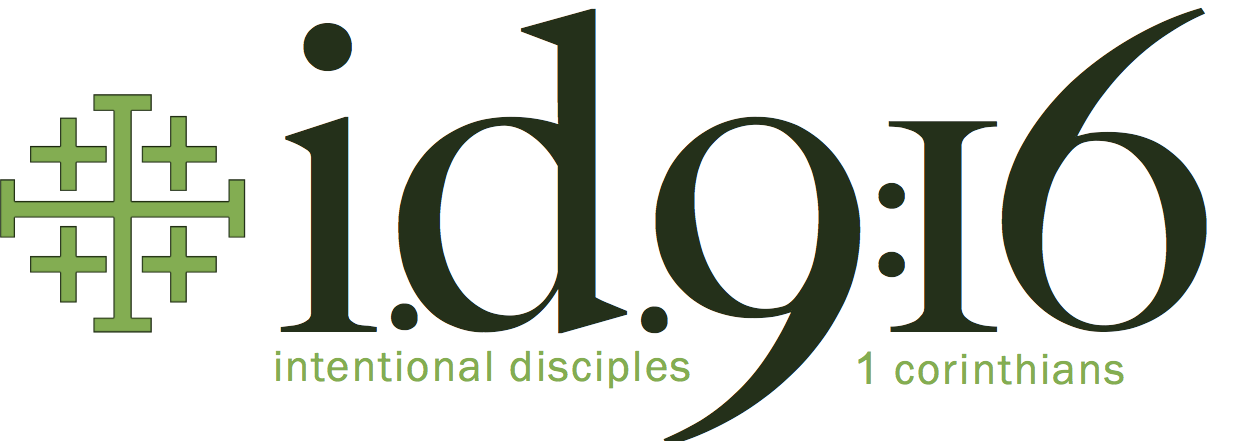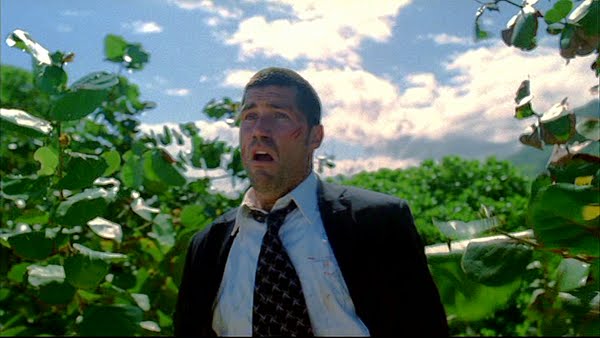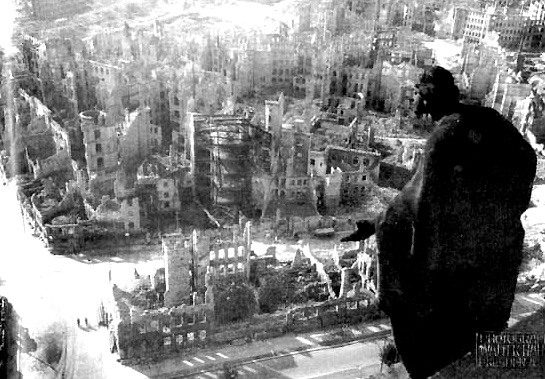(Image Credit: LOST, ABC)
(Note: This is a loose continuation of themes first discussed in this post about some Facebook foolishness.)
Amidst the weeds of a New York Times op-ed by transgender college professor, Jennifer Finney Boylan, slither a few lines that read like this:
Who among us, besides those without imagination, has never dreamed of escaping his or her own history?… To head out like Huck Finn into “the Territory ahead of the rest,” a place where you could become, at last, the author of your own life?
To become the author of your own life, the painter sketching your own contours, the creator of your own self are more than just the trademarks of “out there” professors. These are the (often unspoken) anthems for many of our neighbors. This is the great liberation of modern man: having thrown off the iron shackles of religion and tradition, we are now free to make of ourselves all that we want to be. We see it everyday in workout programs, excessive tattooing, sex changes, botox, lipo and myriad forms of “self expression” – people consider themselves to be their own projects. ‘Carpe Diem!’ has morphed into ‘Carpe Tu Ipse’ (Seize Yourself!) We not only manufacture planes, trains and automobiles – we manufacture ourselves.
All of this scythes right through ordinary small-talk chatter and reveals a great, interesting question: what does it mean to be human? Who are we strange creatures, anyway?
This is the lens through which St. John Paul II liked to look at everything. For him, life is a drama and man is center stage. Our everyday lives consist of decisions and pursuits that point to a conception and understanding of humanity, what is good for us, and what human excellence really is. Once we pause to think about it, we see how much our lives drip with the juices of this question. Therefore, giving it a little thought should make our lives better.
But is this even a valid question? Is it sensible to talk about human nature at all? In a culture that has reduced the idea of a Creator to a matter of opinion, doesn’t talk about natures get reduced to quaint, antiquated prattle from before science delivered us from such bondage?
This is what many influential people have thought for the better part of a century and what the main satellites of our culture now broadcast. We exist, sure enough (so goes the line of reasoning), but there is certainly no ‘what-ness’ that forms and defines our ‘is-ness.’ We do not begin as something, we begin as nothing. We are simply just balled-up wads of sheer will power that merely exist and have to define and create our identity, lest we remain nothing. Therefore, nothing must impede our frantic, anxiety-driven, desperate attempt to fashion our identity. Thus, we are all strangers (at best) or enemies (at worst) of one another who each exist as an imperial, autonomous Self lunging forward from an abyss, building ourselves out of nothing.
This is a worldview that has received Nobel prizes and produced critically lauded novels over the past decades. Books with such titles as The Stranger, Nausea and Memories of My Melancholy Whores; and such lines as, “Man is nothing else but what he makes of himself” (Jean Paul Sartre, Existentialism and Human Emotions) and, “Regarding life, the wisest men of all ages have judged alike: it is worthless.” (Friedrich Nietzsche)
It is a worldview that ends in the fuming pits of despair with a view of human life as fundamentally and totally absurd. Of course it does! It is a frank affirmation of nothingness. Just for starters (see Edward Feser for more) if there are no natures inherent in things (including human beings), then concepts like ‘good’ and ‘bad’ don’t exist and, therefore, all values and morals are off the table as mere sentimental projections, period. So, as a final test of how depressing and ludicrous all of this is, in the end it doesn’t just produce off-the-wall books, mass ad campaigns and academic chic, it produces this:
This is what happens when we are the ‘authors of our own lives’; when there is nothing inherently given about who we are by our very nature. If we are only what we make ourselves to be, then we know we are ‘made up’: illusory, make-believe, not rooted in anything, not real. And so is everyone else. So why not do whatever the heck I want to do? Again, it is the nihilistic affirmation of nothing. It is Hell.
To get out of this foul muck, let’s hear the sunny wisdom of a chubby, smiley Englishman:
…for our present purpose all modern thoughts and theories may be judged by whether they tend to make a man lose his wits. (G.K. Chesterton, Orthodoxy)
And the breeze of Wisdom itself:
Beware of false prophets, who come to you in sheep’s clothing but inwardly are ravenous wolves. You will know them by their fruits. Are grapes gathered from thorns, or figs from thistles? So, every sound tree bears good fruit, but the bad tree bears evil fruit. (Matt 7:15-17)
Lest we slip into utter madness, we must admit that (in point of fact) to be human means to have a nature and, thus, an inherent identity. The idea that we create ourselves and fabricate our own identity is an utter lie. We do not have to anxiously grab it for ourselves like orphans in the night scrapping for security. It is a gift freely given to us by our Creator and Father who has made and formed us (Psalm 119:73) and has given us new life in His Son (1 John 3:2)!
To admit that we have a nature we must respect, listen to and fulfill is to accept that we are not an accident, a mistake or lost. Instead, we can affirm with sparks of joy that we are thought into existence and launched into the human drama of discipleship.
But how exactly does this relate to discipleship?
Far from the rank, despairing orphanhood of this “author of myself” masquerade, now we can say that our identity (inherent in our very nature as human beings) is to be children – sons and daughters – of God. And, as children, we live and breathe by the truth that the Father reveals through our nature and through His Son. We eat the food He places on our table. If we are children of the Father, then we trust Him and follow Him wherever He goes. If we are His children, we must also be His disciples.
Will we pay attention to what lies before our very eyes and points to our Lord? Will we then follow our Creator, our Father, our Savior, our “Pioneer and Perfecter” (Heb 12:2)? Will we live in harmony with the ‘word’ spoken by our very nature that implores us to acknowledge our deepest identity as intentional disciples of Jesus Christ?
Joey McCoy
Latest posts by Joey McCoy (see all)
- Love Me Like You Do - October 22, 2015
- Anxiety and The Downward Spiral - October 15, 2015
- Remember… - October 8, 2015





 Copyright 2014 by
Copyright 2014 by